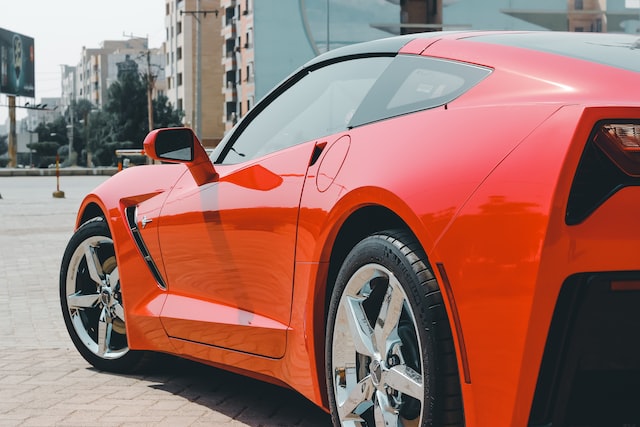You undoubtedly already know that to swiftly and totally stop both the tow vehicle and its trailer, more than only the tow vehicle’s brakes are needed. It’s evident that the trailer must contribute with its own braking power when weight and speed are taken into account. The trailer’s brakes, which may be mechanical or hydraulic surge brakes that use inertia to automatically slow down, or electric brakes that operate with an electrical connection to the towing vehicle, are wont to achieve this. Surge brakes, commonly mentioned as override or overrun brakes, work on an easy premise.
When the vehicle slows down, the sliding shaft within the coupling attached to the tow ball slides and applies pressure to a mechanical linkage or a linkage connected to a hydraulic cylinder, which successively applies hydraulic pressure to the braking system. The bulk of the time, these are on boat trailers. On the opposite side, electric trailer brakes function by engaging electromagnetic brake drums to supply attrition and so slow the trailer. Surge brakes work independently, while electric trailer brakes require a connection to the tow car’s electricity and are controlled by an electrical brakandeviceer, or brake control unit.

A trailer’s electric brakes are activated and controlled by an device called a brake controller, becausethe name suggests. A brake controller areoften divided approximately into an interface that is located in the driver’s line of sight and a major component that is in charge of applying the trailer’s brakes. Essentially, there are two kinds of electric brake controllers: non-proportional, or time-based, and proportional, or inertia-based. When the driving force applies the brakes, the older, non-proportional electric brake controllers are activated and gradually apply braking force in accordance with the chosen setting.
This type of brake controllers have the disadvantage that, notwithstanding variations within the amount of pressure applied to the tow vehicle’s brake pedal for example, compare a soft brake to an abrupt one, the response of the trailer brakes will always be as set in its settings. The newer proportional electric brake controllers, however, operate independently of the vehicle’s brakes and use an accelerometer to live the changing momentum, of auto . So it’s essential to get brake controllers like redarc tow pro switch insert to overcome such problems.

These controllers continuously track the dynamics of the tow vehicle and transmit the precise amount of electricity to the trailer brakes to make sure the trailer travels at the same pace. This often leads to a smoother braking experience and more effective braking, extending the lifespan of your trailer brakes. Inertia-based brake controllers detect when the vehicle is slowing down and adjust the trailer braking power accordingly.
Traditionally, electronic brake controllers had to be hard-wired aftermarket within the vehicle that was visiting be used for towing in order to be put in-car, meaning that they had to be. While still being accessible from the driver’s seat, the interface would be positioned within the least noticeable location possible inside the cab. Traditionally, this is able to be done by drilling holes into the dashboard, fastening the mounting brackets that were given screws, and attaching to those brackets
You Might Also Like
Buyers Advocates Melbourne Property Buyers Trust for Easy and Smart Buying
Help from Experts in a Competitive Market Buying a home in Melbourne is an exciting step, but it can also...
Control Systems Perth: Making industrial automation easier all around Western Australia
Automation that works well makes operations smarter. In the manufacturing and industrial sectors, safety, accuracy, and efficiency are not up...
Things You Should Know About Safe Laser Tattoo Removal
Why Safety Should Be the Most Important Thing When Getting a Tattoo Removed Getting a tattoo is frequently a brave...
How good sports uniforms affect how well a team plays and how they see themselves
How Sports Uniforms Help Build Team Spirit Sports uniforms are more than just clothes worn during a game; they are...









